RYA urges MCA to review costly proposals for code of practice
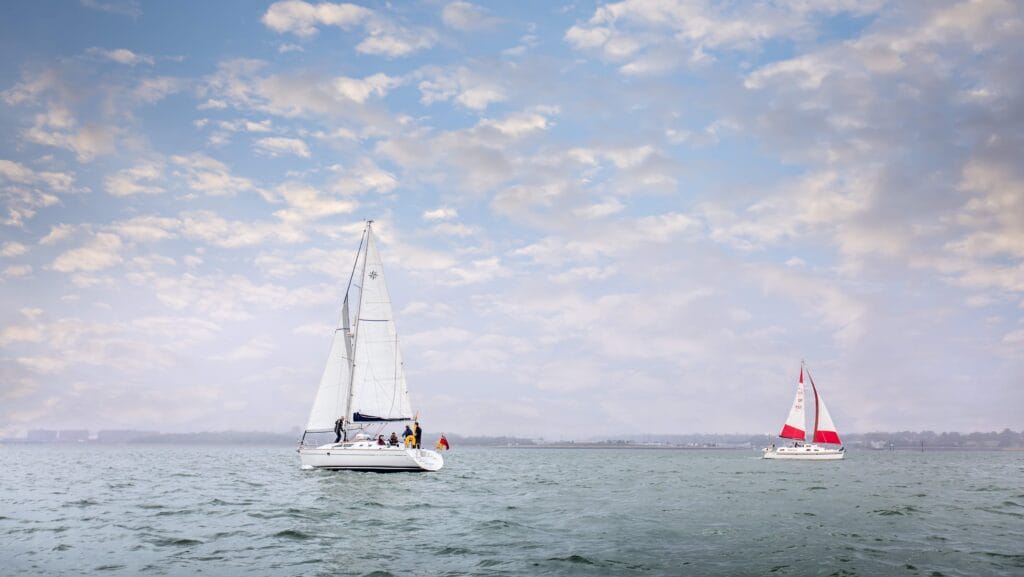 Image courtesy of Glen Jevon, via RYA
Image courtesy of Glen Jevon, via RYA
As parts of the UK marine sector lock horns with the Maritime and Coastguard Agency (MCA) over the proposed changes to the current code of practice for commercial vessels, Niall McLeod – head of competition & technical services for the RYA – sets out his concerns about the current proposals.
The Maritime and Coastguard Agency (MCA) Sport and Leisure Code of Practice is essentially a set of regulations and requirements enforced by UK law. It applies to any commercial vessel used for sport or pleasure that carries fewer than 12 passengers, is under 24 metres in length, and operates at sea.
Many vessels including charter boats, sightseeing and angling boats, boats used for diving, vessels used for RYA training courses, and sail training vessels are affected by the code.
Updating the code is essential as the industry is constantly evolving. From safety regulations to new technologies and practices, the code needs to represent the modern world.
Despite several previous attempts, this will be the first time the code has changed in over 20 years which could be a very good thing.
That said, changes still need to be reflective and proportionate for the industry.
Public consultation on code of practice now closed
The public consultation for MCA’s new code wrapped-up in February 2025, and from what the RYA understands, there was a significant amount of feedback submitted alongside ours (the complete RYA response is online). We believe that the current draft could adversely affect vessel operators. They’ll be left battling with new training requirements, new safety equipment obligations, and additional operational restrictions. Some of the issues we’ve commented on include structural and stability assessments, inspection requirements, and towing regulations.
As it currently stands, compliance with the new code may also come with new costs. Some operators may need to spend thousands of pounds to meet the updated regulations, while others may face minimal expenses, depending on their specific circumstances.
But, it’s important to know that if you did not have to be ‘coded’ in the past, then your boats will not be affected by these new rules. Inland waterways are also not affected, and dinghies are already exempt.
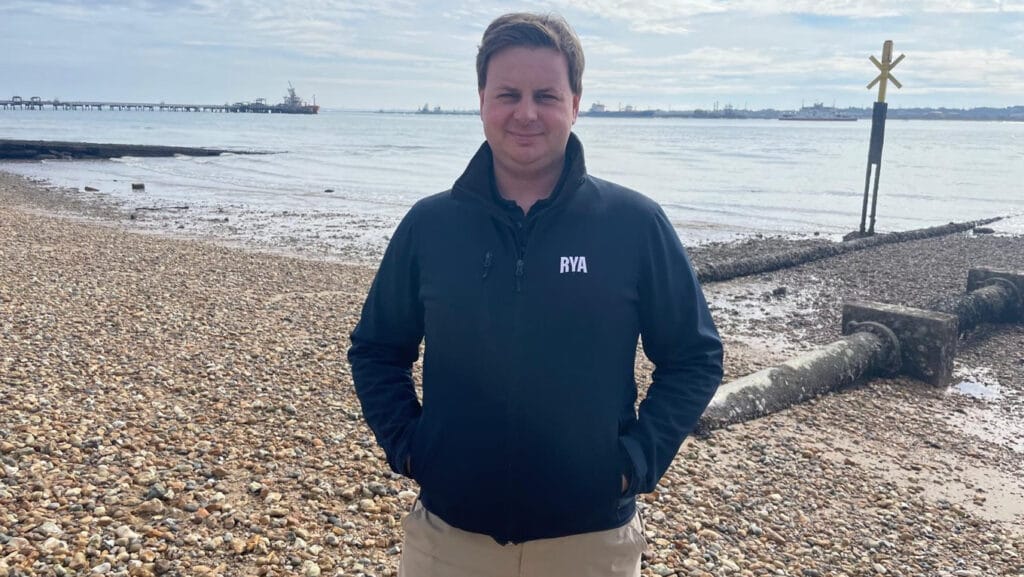
Issues the RYA has raised, and where they currently stand
Structural and stability assessments
The RYA successfully argued that vessels assessed under certain European standards (RCD Module A1 or higher) should not need additional costly stability assessments. However, we remain concerned that vessels under 12m, which are built without oversight from a notified body, still require expensive post-construction assessments. The RYA believes that, for certain low-risk categories, a surveyor’s inspection should suffice rather than requiring costly formal reviews.
Inspection requirements
Initially, the MCA wanted annual inspections by surveyors for most vessels, which would have been costly and burdensome. Thanks to lobbying by the RYA, the system has been adjusted to largely maintain the current approach, where owners conduct their own safety equipment checks each year. A concern remains regarding vessels over 20 years old, which will now require annual surveyor inspections. The RYA believes this is excessive, as many older boats remain in excellent condition.
Towing regulations
The draft code initially banned all towing by vessels under this code, which would have impacted activities such as towing small inflatables. The RYA successfully argued for changes, but we still have concerns. Some wording in the revised code is vague, and it remains unclear whether smaller RIBs (rigid inflatable boats) can tow.
Additionally, the towing methods described in the code do not fully align with common industry practices.
Racing vessels and race support boats
There has long been confusion about whether vessels used in racing events require coding. The new proposals offer more clarity, which is a step in the right direction. However, for boats operating far from shore, new requirements are stricter. The original draft required an additional inspection before every race, which the RYA successfully argued against.
Race support boats (such as safety boats loaned to clubs) were initially subject to heavy regulations. The MCA has since agreed that vessels with existing safety certifications (such as UKCA or CE marking) can be accepted with additional safety equipment.
A remaining issue is the unclear division of responsibility between the RYA (as the national authority) and the clubs organising the events. If a club must confirm that a support vessel meets safety requirements, it seems unnecessary for the RYA to issue additional paperwork.
Training Requirements
The initial draft introduced excessive training demands that would have placed unnecessary burdens on operators. The RYA successfully pushed back against some of these, such as mandatory fire-fighting training for all crew members.
However, the following concerns remain:
▪ Radar training: The MCA insists that radar training for certain vessels must be its own course, rather than recognising the existing RYA course, which is already widely used.
▪ Electronic chart systems: The MCA’s new requirements are based on large commercial ships rather than small sport and leisure vessels. This means outdated paper charts are still required, despite plans to phase them out.
▪ Stability training: The current draft requires Masters of vessels with stability books to undergo MCA stability training. The RYA believes the existing syllabus of the Yachtmaster Scheme provides Masters with sufficient understanding of stability issues for the types of boats covered by the code and that stability guidance should focus on providing clear, useful information rather than unnecessary training.
▪ First Aid training: The code requires crew on vessels which operate outside UK waters to complete an advanced first aid course (STCW), regardless of where they are operating, that is more suited to large ships and those operating further from help. The RYA argues that a more appropriate alternative should be accepted.
What happens next with the code of practice
As the RYA, we’ve been involved in discussions about this new code for over two and a half years, engaging with the MCA’s Technical Working Group (TWG), which includes industry experts and representatives. When the MCA initially shared its draft code in May 2024, we identified several concerns that required significant revisions. Pushing forward with discussions to try and amend these has led to some progress but challenges remain within the current draft.
At this stage, the next steps aren’t entirely clear, but we are strongly urging the MCA to take the necessary time to carefully review all responses before finalising the code and bringing it to Parliament.
Given that the current Code of Practice has been in place for over two decades, we believe that taking an additional six to 12 months to refine the new version would be well worth it. Rushing through changes without proper consideration could lead to unintended consequences, so it’s critical that we get this right.
In terms of enforcement, we don’t expect the new rules to come into effect before autumn 2025, and it’s likely that some changes will be phased in gradually while others might be implemented straight away.
At the RYA, we are committed to working closely with the MCA to ensure that the final version of the code is practical, fair, and reflects the realities of the sport and leisure sector. We want the MCA to reconvene the Technical Working Group to ensure that as industry representatives, we can consider the consultation responses and help them to make any necessary revisions to the draft code before it’s too late.
In the meantime, for now we encourage everyone in the industry to stay informed and keep an eye out for updates. As soon as we have more details, we’ll be providing further guidance to help vessel operators prepare for any changes that come their way.

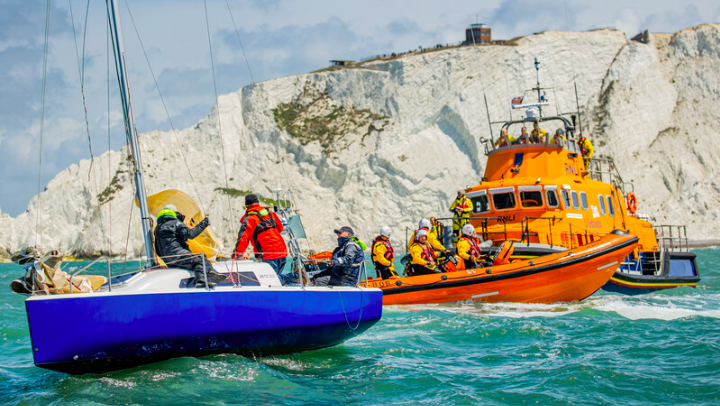

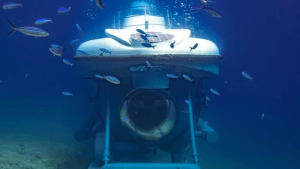
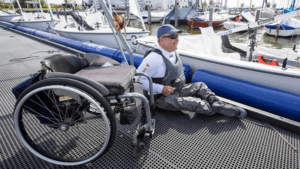
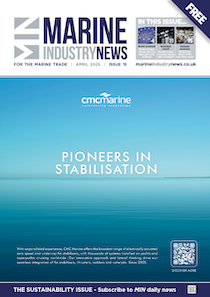







Hi, I’ve been running Angling Charters from St.peter port Guernsey for the last 25 years
on a Coastal Skipper 20mile daylight cert.
There is a rumour! that this is no longer excepted with new code, mine runs out in March 2027. I’m 62 now and will not be going back to the class room to be treated like a beginner with 25 yrs unblemished record. Can you please advise?
many thanks Richard
MIN reached out to the RYA for comment. It told us:
“That rumour is not correct. The code as currently drafted continues to accept RYA/MCA Yachtmaster Coastal Certificate of Competence or Service (commonly known as Coastal Skipper) for use on vessels operating in area categories of operation 3 – 6 i.e. up to 20 miles from a safe haven day and night.”